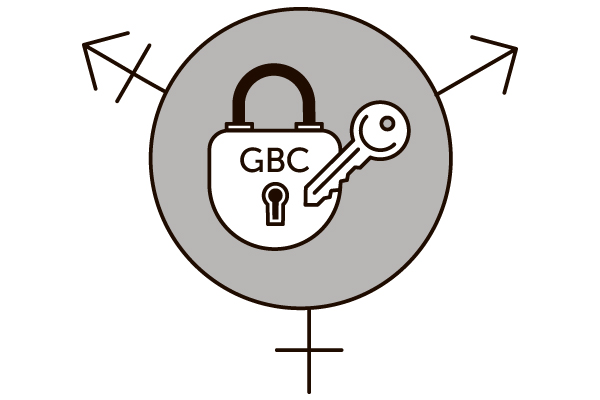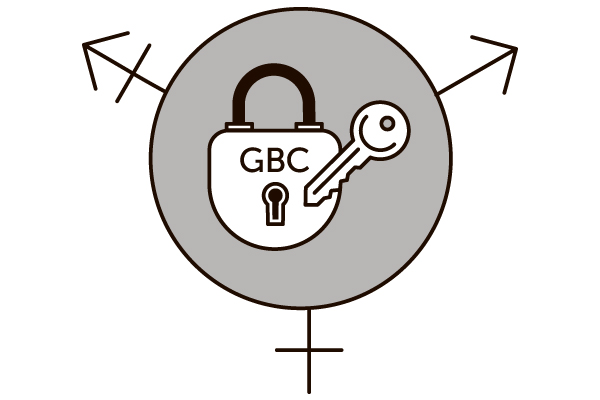“As a trans student, I have struggled to advocate for myself in many of my classes when trans-related issues arose,” said Euan Hwang, 24, a student in the social worker program.
Hwang said he often felt alone in this battle, which made it hard to advocate for himself and educate others. He’s is now fighting for equality as member of a new Trans Inclusion Working Group at George Brown College (GBC)
“I do not want other trans students to experience the same barriers that I’ve faced so I decided to be involved in making the changes to get rid of the barriers,” said Hwang.
The Trans Inclusion Working Group’s mandate is to create and implement policies that are trans inclusive, which includes but is not limited to terms such as transgender, transsexual, two-spirited and gender-queer, for the Student Association (SA) of GBC.
“We are trying to develop new services for students who belong to different marginalized groups,” said Colin Druhan, manager of equity for the SA. “We also started thinking about barriers to our current programs and services.”
According to the Canadian Federation of Students Ontario’s website, discrimination and oppression against queer and trans people are barriers to education and when students, faculty and staff work or study in unsafe spaces, their access to, or ability to provide quality education is compromised.
“Even though George Brown College strives to be inclusive of everyone, there are many systematic barriers for trans students that make it difficult for the trans students to feel safe and welcome in the campus,” said Hwang. “Some of the barriers include the college infrastructure such as the washrooms and the athletic centre being strictly segregated by the two biological genders and lacking gender neutral options.”
According to Hwang students will be also able to unlearn transphobia and ultimately advocate for systematic changes that are more inclusive of trans students.
The Trans Inclusion Working Group is hoping to implement policy change to ensure that the voices of trans students are heard, and that their needs are met by the SA’s staff and board.
“We wanted to get some feedback from students who are trans-identified, so they can look at our policies and the way that we do things in the Student Association, to make things more accessible and remove barriers,” said Druhan.
“Often, the targets of trans-awareness campaigns are external gatekeepers or institutions, but the spirit of this group includes looking at ourselves and our organization first and then modelling the way,” said Michelle Pettis, the SA’s Community Action Centre co-ordinator.
Aiming to support all students in the struggle, Pettis says they also see this group bringing trans students into the SA’s decision making.



